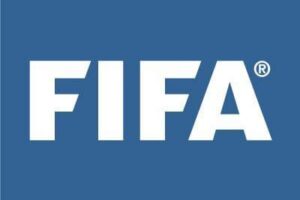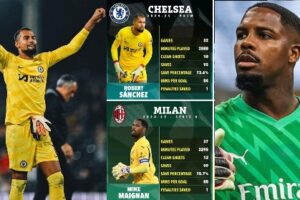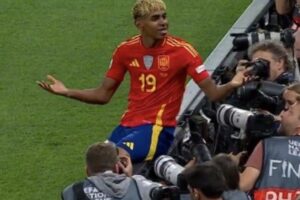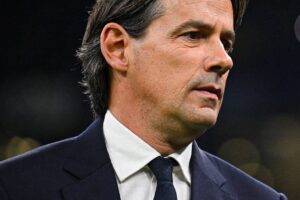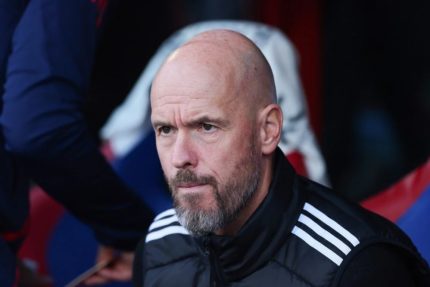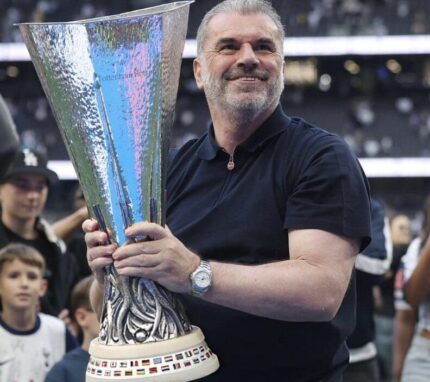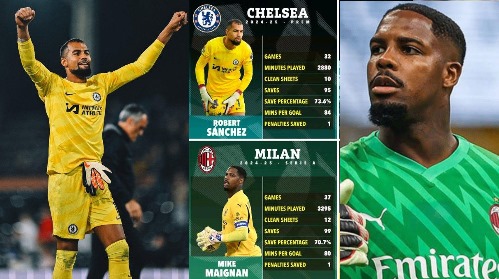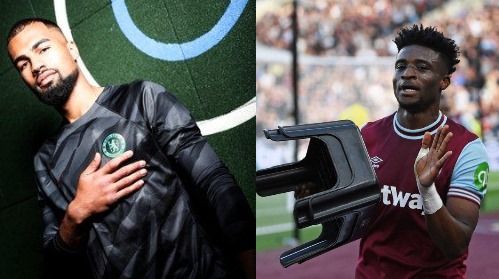When Erik ten Hag took the reins at Manchester United, he entered with high hopes and strong promises. His journey began on a somber note, as he watched the team suffer a 1-0 defeat against Crystal Palace in May 2022. The following day, he addressed the media at Old Trafford, sharing his vision for the club. Despite the challenges ahead, he dismissed concerns about taking on the job as a “risk” and expressed confidence that his ambitious “plan” would revitalize the struggling club.
Ten Hag was determined to challenge the dominance of Manchester City and Liverpool, led by Pep Guardiola and Jurgen Klopp, respectively. His vision involved a detailed blueprint he promised to share with staff and players, a plan he assured would make a visible impact on the field. However, the optimism of his early days would soon face harsh tests in the unpredictable arena of Premier League football.
The Elusive ‘Plan’ and Ten Hag’s Tactical Struggles
Despite Ten Hag’s bold promises, the execution of his strategic “plan” often remained ambiguous. His tactical approach was on rare display during the FA Cup final victory over Manchester City, where United played a well-coordinated game. However, this singular triumph was more of an exception than a rule. Outside of that memorable performance, Ten Hag’s tactical choices appeared disjointed, with Manchester United lacking a consistent identity or style of play.
Critics, including outspoken pundit Jamie Carragher, were quick to point out United’s tactical weaknesses. Carragher famously labeled United as “one of the most poorly coached teams in the Premier League” after a crushing 4-0 loss to Crystal Palace. This sentiment echoed through multiple embarrassing defeats, including heavy losses to rivals Liverpool and Manchester City, raising questions about the effectiveness of Ten Hag’s much-hyped “project.”
Transfers and the £600m Conundrum
During Ten Hag’s tenure, United spent close to £600 million on new signings, yet few of these acquisitions made a significant impact. Among the notable, costly transfers was Brazilian winger Antony, for whom Ten Hag pushed despite skepticism. Signed for a staggering £82 million, Antony’s contributions were limited, with only sporadic appearances and minimal impact on the team’s performance.
A key criticism of Ten Hag’s transfer approach was his tendency to prioritize players from his former club, Ajax, potentially overlooking more suitable candidates. Furthermore, even with the heavy investments in players, Ten Hag’s team continued to face defensive frailties and frequent losses. This disconnect between spending and performance led to a perception of wastefulness, as United’s transfer strategy under Ten Hag failed to deliver the expected transformation.
The Quest for Stability Amid Internal and Tactical Chaos
As the season progressed, internal turbulence seemed to mirror United’s on-field struggles. Ten Hag’s tactical reliance on playing out from the back was compromised by the limitations of goalkeeper David de Gea, whose passing ability was questioned. Despite replacing De Gea with Andre Onana, the issue persisted, exposing vulnerabilities in United’s backline during critical moments in matches.
New owners Ineos brought in leadership figures, such as Omar Berrada as chief executive and Dan Ashworth as sporting director, to bring stability. However, the tactical disconnect persisted, as exemplified by a chaotic pre-season friendly where Onana was lobbed from midfield due to poor positioning. The confusion over United’s style of play continued to undermine their progress, with Ten Hag’s tactical shortcomings becoming more apparent as the season wore on.
Frustrations and the End of the Ten Hag Era
By the end of Ten Hag’s turbulent time at Old Trafford, his tenure was defined by a string of inconsistent performances, tactical missteps, and strained player relationships. Key players like Marcus Rashford found themselves in puzzling situations, with Ten Hag publicly addressing incidents from nearly a year prior, further straining morale. The resulting lack of cohesion led to continued poor performances, with United languishing at 14th place in the league and registering their second-lowest points tally in nine games.
Ultimately, Hag’s tenure came to an end as the club acknowledged the need for a fresh start. While his intentions were ambitious, the execution of his “plan” never fully materialized, leaving United without a clear path forward. As the club looks toward the future, questions remain about their direction and the enduring challenge of finding the right manager to restore Manchester United’s former glory.

